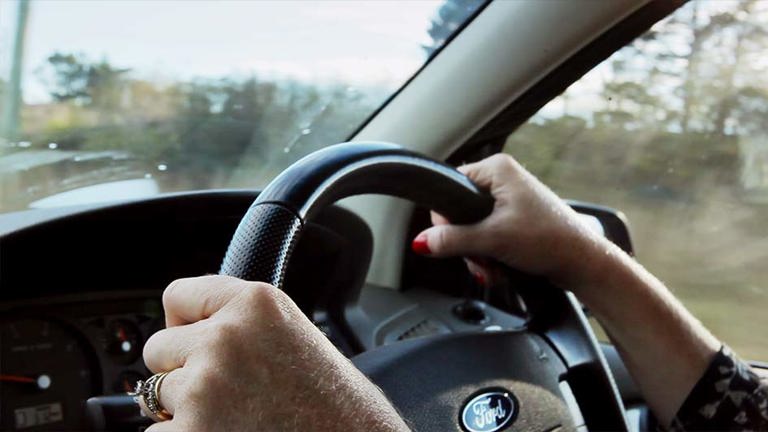Electricity works silently behind the scenes in our homes, providing light, heat, food and entertainment. The price of having electricity in such a close proximity is that if something goes wrong, the consequences can be deadly.
Electrical hazards
There are many potential hazards posed by electricity around the home, including:
- Faulty appliances: Frayed cords, loose plugs or exposed wires all pose an electrocution risk. Appliances exhibiting any signs of wear should be disposed of or taken to an electrician for repair (never attempt to repair them yourself).
- Overloaded plugs and power boards: Exceeding the maximum amperage of a power point by piggybacking plugs and adaptors on top of one another can cause short circuits and fires. Some appliances draw more amps than others, so only plug in as many as there are outlets for on a power board.
- Wet areas: Using electrical appliances such as stereos near swimming pools and spas, or leaving hair dryers and shavers plugged in near bathtubs or basins can result in electrocution if they come in contact with water.
- Overhead power lines: Climbing a ladder to prune a tree near overhead power lines, flying a kite or towing a high load such as sailboat with a tall mast can all result in electrocution if contact is made with the wires.
- Underground power lines: Digging a hole in the back yard for a swimming pool or some other purpose without obtaining location maps of underground utilities can result in the severing of underground power lines, causing electrocution.
Solutions
While electricity poses a danger in our homes, it is one that can be managed as long as everyone in the family is aware of the risks. Children should be taught from an early age to respect electricity and to observe certain rules such as:
- Never poking anything into a toaster or power point
- Never touching electrical appliances, unless supervised by an adult
- Never playing near electricity sub stations or power lines
- Always drying their hands before touching a light switch
When children are very young, it is also necessary to child-proof the home from electrical threats by installing safety covers on all power outlets and keeping appliances well out of reach of little hands.
However, the ultimate solution to the danger of electricity is to take the sting out of its tail altogether and this can be done by installing RCDs in your home. RCDs (Residual Current Device) monitor the flow of current through the active and neutral conductors in your power supply. If it detects a disparity in the flow, as would happen in the case of electrocution, it will cut the flow of electricity in less than thirty milliseconds.
Having an electrician install one or two RCDs in your home* is the most effective thing you can do to keep your family safe from electricity and ensure you don't have to make any unnecessary home and contents insurance claims.
*This is already a mandatory requirement in some Australian states for new homes and rental accommodation.



